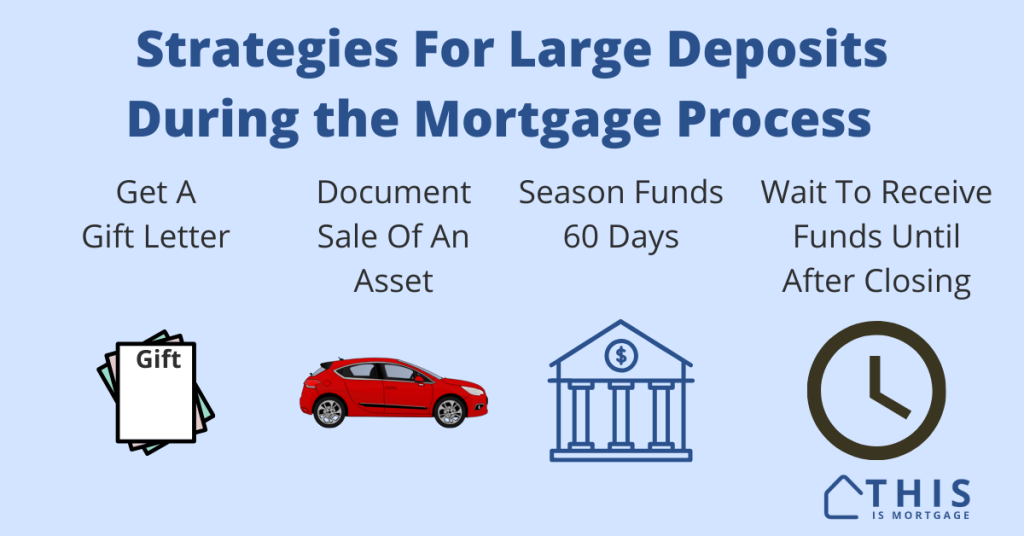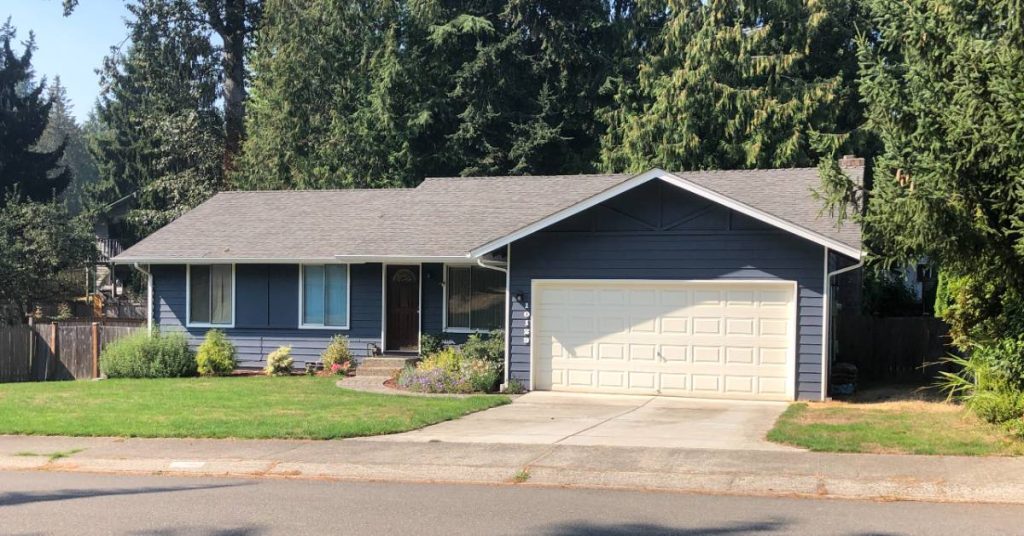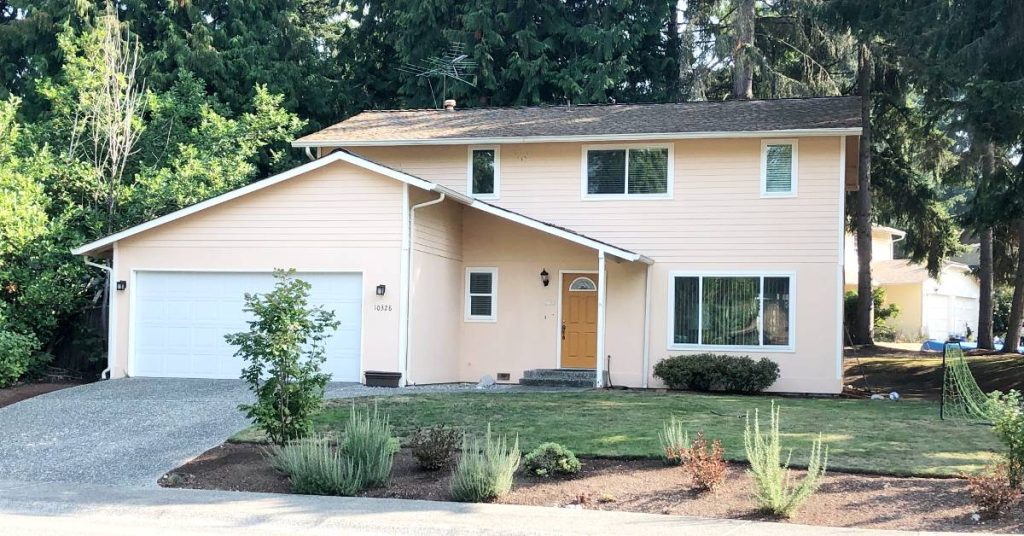In normal life, you don’t think much about placing $10,000 into your bank account from a car sale, wedding gift, or side gig.
But you enter an alternate reality the minute you apply for a mortgage.
Strangely, having more money can kill a mortgage approval if it’s not sourced properly. Here’s how to deal with large deposits when you are applying for a mortgage.
Get approved for a mortgage. Start here.
Mortgage rules about large deposits
Each mortgage type will have its own rules about large deposits.
Conventional loans: Deposits greater than 50% of qualifying income must be documented. For example, a couple with a combined income of $10,000 per month would need to verify deposits over $5,000
FHA: Deposits more than 1% of the sales price must be documented.
VA: Lenders may require verification of large deposits greater than 1-2% of the sales price, although the VA guidebook does not specify an amount. Each deposit will be reviewed in light of the rest of the file.
USDA: USDA does not specify a certain amount needing verified. An underwriter may question a deposit of any size if it seems incongruent with the borrower’s profile.
Apply for a conventional, FHA, VA or USDA loan.
Dealing with a large deposit
It’s not that the lender doesn’t want you to have more money. But they are required to verify that the funds are from an acceptable source.
The lender needs to verify the money didn’t come from a loan, and if so, if you still qualify when the payment is added to your debt-to-income ratio. It also needs to prove funds aren’t from illegal activity. You can write a large deposit explanation letter to clarify details about the funds.
Following are typically acceptable sources assuming the right documentation.
Gifts via wire or check: Get a gift letter from the donor, your bank statement showing funds received, and the donor’s bank statement showing funds coming out of their account. That last part is usually the toughest.
Cash gift or payment: While uncommon, someone could hand you a stack of cash as a gift or payment. The best strategy is to deposit into a bank account and wait 60 days. Then submit a bank statement that does not show the deposit. The lender can ask about deposits greater than 60 days old if they appear on a statement. You may need to remove the money from the account and have the payer write a check or wire the money straight to escrow, and provide their bank statement.
Check your homebuying eligibility.
Cash on hand: Cash saved at home, or “mattress money” may be acceptable for FHA loans. FHA states you need a letter of explanation of how you accumulated funds. The underwriter will review your income, debts, and other aspects of the file to determine whether these are acceptable funds.
Sale of an asset: If you sell a car or other asset, keep a copy of the ad, bill of sale, check or money order, and any other documentation. Submit to your lender a Kelley Blue Book estimate of value to prove you did not create an inflated sale with someone you know to raise down payment funds.
Sale of virtual currency: Plan ahead and sell the currency 60-90 days before applying. Or, provide 60 days of history for your virtual currency account. Funds must be in USD and in a U.S. financial institution to use for down payment and closing costs.
Tax return: Typically, the lender won’t question a direct deposit from the IRS. If deposited by check, submit a copy of the cashed check, typically available from your online banking app.
Side gig payment: This could trigger a request for tax returns, as it could indicate a side business with a loss of income, affecting your qualification. Wait to deposit these types of payments if you don’t need them to buy the house.
Bonus: Your employer should direct-deposit bonus or commission income. The underwriter should assume it’s customary pay. If not, provide documentation from your employer.
Wedding gift: Provide a wedding invitation.
Avoiding large deposit fallout
Here are strategies to avoid the large deposit questions altogether.
Season funds: Place funds in a bank account 60-90 days prior to applying for a mortgage. Submit bank statements to the lender that do not show the deposit.
Let the underwriter remove unverified funds: If you have enough money without the funds, the underwriter can often subtract the large deposit from your verified funds to eliminate documentation requirements.
Wait on accepting a gift: If you don’t need the gift, wait until after closing to receive the funds. This will save getting a gift letter and banking information from the donor.
Get a second opinion about your large deposit situation.
Avoid excessive transfers between accounts: Many of us have multiple bank accounts among various institutions. Transfers between accounts will trigger the need for 60 days of statements from the account you transferred from. And if that account shows transfers and deposits, you could be in a never-ending cycle of documentation. Keep all the money you need for the home purchase in one account for 60 days and don’t transfer in or out.
Don’t engage in illegal activity: It should go without saying, but you’ll have larger consequences than not qualifying if you’re buying a home with funds from illegal activity. Lenders must report suspicious loan applications to federal agencies.
Large deposit: Not a deal killer if handled correctly
Don’t let a large deposit derail your homebuying plans. Get a second opinion if your lender can’t approve the loan. Feel free to ask questions and contact me at the link below.




